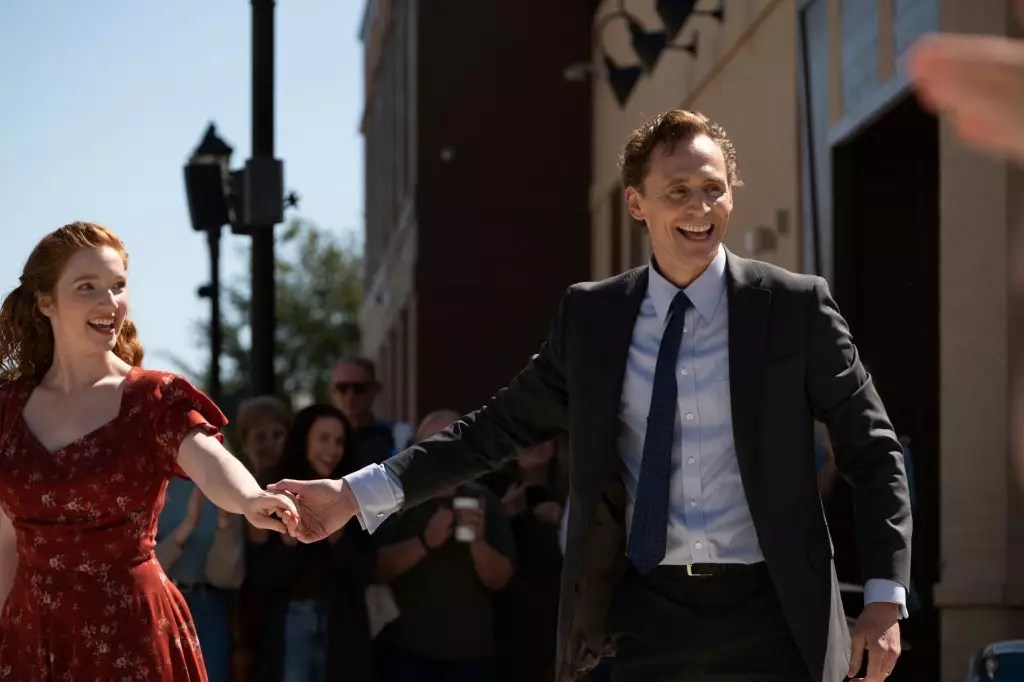Recently, Hollywood has celebrated record-breaking box office numbers, signaling a moment of apparent success in a competitive entertainment landscape. However, beneath this veneer lies a troubling reality: the industry’s reliance on franchises, reboots, and familiar brands indicates a creative stagnation that threatens long-term vitality. While it’s easy to applaud the numbers, they obscure an uncomfortable truth—that Hollywood’s relentless pursuit of proven commodities is eroding the very spirit of original storytelling. The blockbuster boom, once fueled by surprises and pioneering narratives, now feels like a carefully curated façade, masking a deep-seated reluctance to innovate.
This obsession with franchise reboots and brand recognition has led to a predictable cycle of mediocrity. Studios chase after safe bets, often recycling similar plots—most notably seen in the 1998 twin releases of Deep Impact and Armageddon, both about planetary destruction but rendered with little variation. The pattern persists today; superhero universes expand to include more installments, with each new film feeling like a rehash of the last. The industry’s failure to foster genuine originality reflects a widespread insecurity: the fear of alienating audiences with riskier, untested ideas. As a result, Hollywood’s creative well appears increasingly drained, and the audience’s appetite for novelty remains unfulfilled.
The Market’s Dwindling Appetite for True Innovation
It’s worth noting that the most influential films of the past offered genuine surprises—American Graffiti, Dog Day Afternoon, and Stand By Me—all arrived as authentic discoveries rather than preordained products. These films resonated because they emerged from unexpected places, capturing the zeitgeist through originality rather than marketing muscle. In stark contrast, today’s summer blockbusters tend to be pre-sold events, heavily reliant on brand recognition and massive promotional campaigns that often drown out content substance. As a viewer, it’s increasingly rare to encounter a film that feels like it’s breaking new ground; instead, the experience is often a series of predictable beats dressed in shiny visual effects.
This approach produces a paradox: despite astronomical investments, Hollywood struggles to cultivate a new wave of narrative surprises. The reliance on established IPs results in a sameness that diminishes audience engagement. It’s a cycle that feeds itself—more reboots, sequels, and remakes make studios more risk-averse, reducing chances for fresh storytelling. The industry’s obsession with familiar franchises hampers the discovery of genuinely innovative projects, leaving audiences with the illusion of variety but the reality of repetition.
Independent Films: The Last Bastion of True Creativity or Just Marginalized?
While major studios appear trapped in a loop of familiar formulas, smaller production companies and independent filmmakers continue to offer glimpses of hope. Distributors like Neon, for instance, dare to take chances on new narratives—films like “Chuck,” which eschew blockbuster conventions and explore unconventional storytelling methods. These projects may not boast big names or explosive effects, but they provide an essential counterbalance to Hollywood’s formulaic approach. Yet, their reach remains limited, often relegated to festival circuits or niche audiences, inaccessible to the mass-market millions that studios target.
The challenge is whether these independent ventures can break through the noise and influence the broader industry. If Hollywood continues to ignore the importance of innovation, it risks becoming a museum of nostalgia—clinging to its past triumphs instead of forging new paths. Meanwhile, audiences, increasingly jaded by sameness, will seek entertainment elsewhere, perhaps turning more willingly toward streaming services or foreign films that still prioritize storytelling originality. Hollywood’s future depends on recognizing that differentiation and freshness are not threats, but essential ingredients for sustained success.
The Real Power Lies with the Audience’s Discerning Eye
Ultimately, the industry’s reliance on familiar brands is a self-fulfilling prophecy. While blockbusters continue to flood theaters, genuine storytelling innovation is suffocated in the process. Audiences are no longer passive consumers—they are discerning viewers who crave originality but are continually served the same recycled ideas dressed up under new branding. The few ventures that venture into uncharted territory—like Neon’s willingness to distribute films such as “Chuck”—highlight an important truth: there is a market for risk-taking stories, but it is continuously overshadowed by the studio juggernaut’s focus on safe, homogenized content.
Hollywood’s survival hinges on its willingness to embrace artistic experimentation rather than default to comfort zones. Reinventing itself requires courage to invest in stories driven by creativity rather than corporate branding. Unless the industry rethinks its priorities—placing storytelling innovation over short-term profits—the myth of the blockbuster will remain intact, but at the expense of cinema’s true potential to inspire, challenge, and entertain beyond the confines of recycled comfort zones.


Leave a Reply